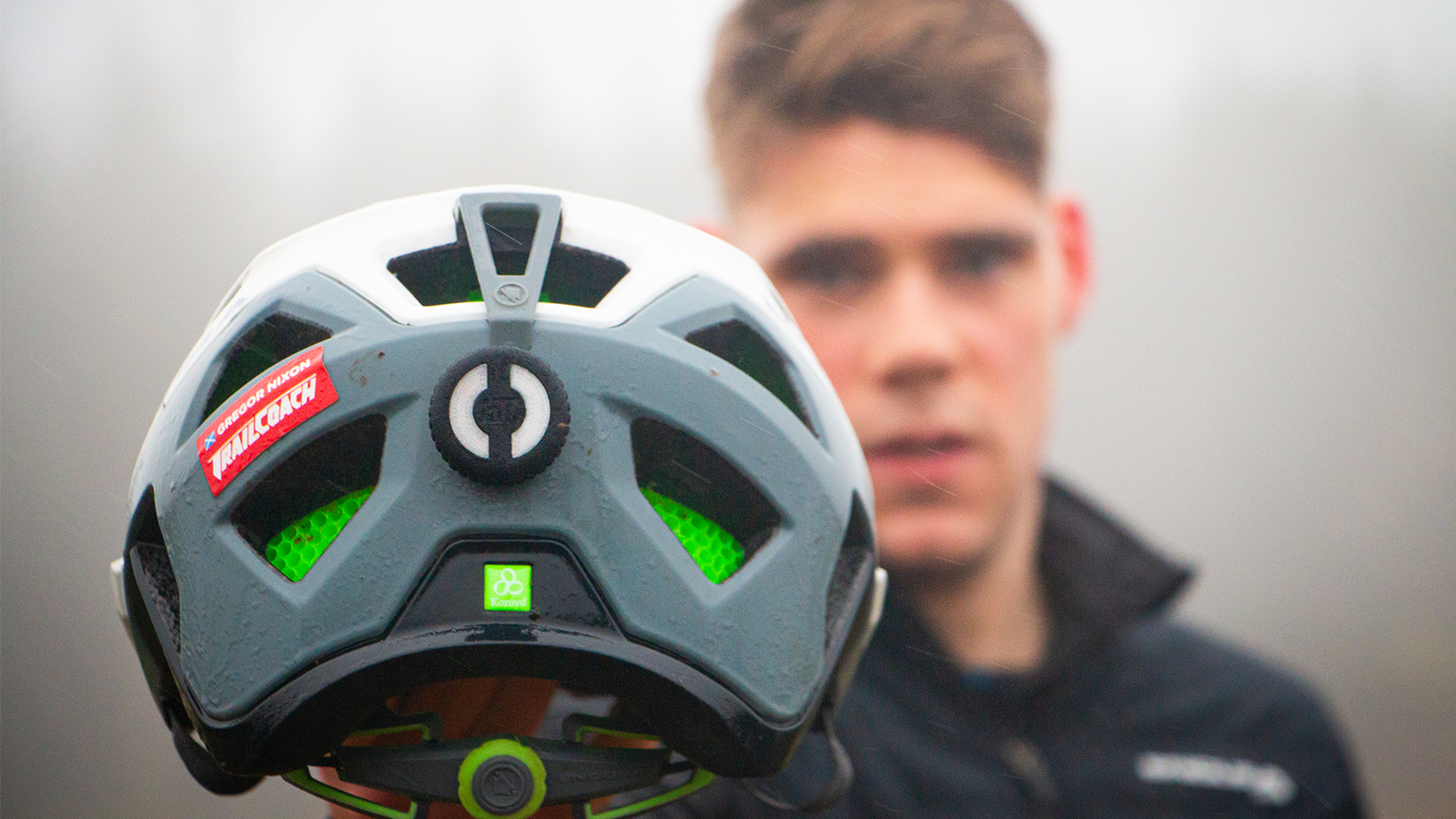An amateur rugby player has developed wearable technology which can track head trauma after a teammate suffered three concussion injuries in one season.
Euan Bowen, 28, played the game at university and in his final year in 2018, a friend and teammate was forced to stop playing due to injury.
This spurred Mr Bowen to develop an idea for a device to track brain health into the HIT Impact technology, which detects g-force and records impact on an app.
After spending time at Heriot-Watt University’s Edinburgh Business School (EBS) Incubator, his product is expected to move into production within the next two months.
Mr Bowen told the PA news agency: “When you see a friend or teammate that just had concussions getting confused with the side-effects that happened from a concussion, you start to take an interest for their welfare but also look deeper into the issue.
“My friend got three concussions in the course of one season and he was in his final year of university as well, so he had to make the hard decision off the back of that to focus on his career rather than his rugby career.
“That was eye opening… but that inspired the issue that I was already looking into – there must be something that maybe we can be doing just now that negates or removes some of this risk, or which catches this early before something like this was to happen. And it happens far too often.
“I was almost trying to be that solution… trying to understand that if you could catch these impacts before, or even understand what led to that concussion – whether it be multiple impacts, or one big one – then there might be better care, better diagnosis or better return to play, maybe he wouldn’t have had to give up rugby.”
Support HIT on Kickstarter by backing now! A device for all activities and all ages! If you don't wear a helmet in your sport, we have you covered with our headguard and Halo Hosts! check out more now by heading over now: https://t.co/CEBMQSHzVV #wearabletech #HIT #kickstarter pic.twitter.com/kHLk7Jfu2B
— HIT Ltd (@LtdHit) March 5, 2021
The sensor he developed can clip on to headguards, any helmet or halo headband and is accompanied by an app which has a 150-metre range capable of recording from multiple devices – with a “Team Play” recording function for sports like football and rugby.
It displays a graph showing the force threshold, set by a user, and severity, with a traffic light system and notifications enabling those monitoring to check on a user’s injury.
A Kickstarter fundraising push for the device – https://www.kickstarter.com/projects/hit-recognition/hit-impact – has raised more than £6,000.
Kallum Russell, EBS Incubator manager, said it is “much-needed technology”, adding: “The current parliamentary inquiry into concussion recently heard evidence about the long-term implications of repetitive head trauma on sports people, with MPs asking how sports could be made safer.

“We believe this innovation could go a long way to aiding research and supporting more informed decisions about when to stop playing.”
Mr Bowen suggests “only 10% of concussions result in loss of consciousness”, making the product about “how do you catch the other 90 that aren’t obvious from observation alone”.
He added: “When we started this two years ago, there wasn’t really anything that was a solution. Our first couple of concept ideas were very out there.
“We went along to try and get little kids on the field, wrapped tape around the wrist every time we thought they might have had a potential impact, and we realised that it was really difficult to see how they act and then also gain access to them.
“The tech solution was born and does the recording for you.
“For each governing body, we’ll have to do trials – for rugby we’ll have to go through World Rugby… we were pushing to do that last year and then obviously everything got shut down so we’re picking that back up now.”




Comments: Our rules
We want our comments to be a lively and valuable part of our community - a place where readers can debate and engage with the most important local issues. The ability to comment on our stories is a privilege, not a right, however, and that privilege may be withdrawn if it is abused or misused.
Please report any comments that break our rules.
Read the rules here